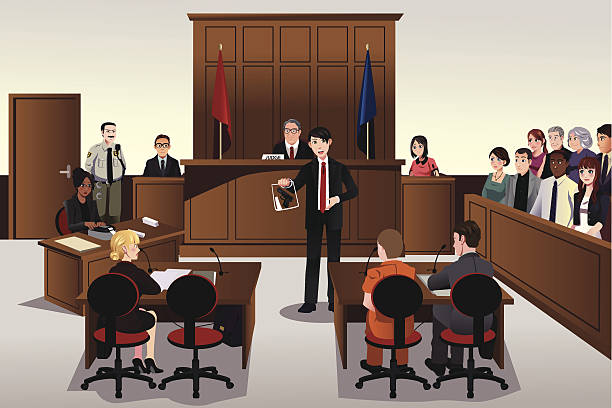If the Constitution were an album, the Bill of Rights would be the original vinyl, and the Supreme Court would be the remixer. Over the past two centuries, the Court has spun some absolute bangers—interpretations of the Constitution that fundamentally shaped the way we live and what rights we can count on. From freedom of speech to the right to privacy, here’s a tour of some of the Supreme Court’s biggest civil liberties hits. These cases didn’t just drop the mic—they rewrote the script.

Brown v. Board of Education (1954) – “Separate But Equal” Gets Canceled
Before this landmark decision, the idea that schools could be “separate but equal” was the law of the land, thanks to Plessy v. Ferguson (1896). Spoiler: they weren’t equal.
Then came Brown. In a unanimous decision, the Court ruled that racial segregation in public schools violated the Equal Protection Clause of the 14th Amendment. The opinion, delivered by Chief Justice Earl Warren, famously declared that “separate educational facilities are inherently unequal.”
Boom. Segregation was officially unconstitutional. It was a massive win for civil rights, and it lit the spark that fueled the civil rights movement of the 1960s. As legal remixes go, this one was a revolution.
Tinker v. Des Moines (1969) – Students Have Rights Too, Thank You Very Much
The Vietnam War was raging, and high school students in Des Moines, Iowa, decided to protest by wearing black armbands. The school said, “Take them off.” The students said, “See you in court.”
The Supreme Court sided with the students, famously saying, “It can hardly be argued that either students or teachers shed their constitutional rights to freedom of speech or expression at the schoolhouse gate.”
Translation: You don’t lose your First Amendment rights just because you’re in high school. Tinker gave every teenage rebel the constitutional mic—and the freedom to use it (as long as they’re not disrupting class too much).
Miranda v. Arizona (1966) – Say Hello to Your Rights
You’ve heard it a hundred times on TV: “You have the right to remain silent...” That’s thanks to Miranda v. Arizona. Before this ruling, confessions were often obtained without suspects knowing they had the right to remain silent or talk to a lawyer. Kind of important details, right?
Ernesto Miranda confessed to a crime without knowing those rights. The Court threw out the confession and created the now-famous “Miranda warnings.” If cops want to question you, they have to let you know you’re not just playing 20 Questions—you have rights.
This case didn’t just change law enforcement; it embedded itself in pop culture. Name another Supreme Court ruling with its own Law & Order intro.
Comments
Post a Comment